Want to interview like a pro?
When you’re interviewing people for your podcast there’s a lot that can go wrong.
So how do you make sure your guests leave thinking “I’m so glad I did that!” rather than “I never want to see that person again!”?
Podcast interviewing tips
Don’t overwrite your questions
To conduct a great interview you have to be present in the moment.
You also need to maintain as much eye contact as possible because that’s how your guests will know you’re interested in what they have to say.
If you’ve written your questions out word for word it’ll be almost impossible to do this because you’ll spend most of your time looking down at the page rather than up at the person sitting across from you.
When I go into a podcast interview I have a bullet point list of questions with as few words as possible on the page.
To get to this point I’ll have gone through a few steps…
- First I’ll write the questions out in full as I’m doing my research
- Next, I’ll go through and reduce them to a few words or a really short sentence
- Then I’ll go through one last time and bold a keyword for each question
- Finally, I put the whole document in gigantic font.
The reason I do this is so I can look down quickly at my notes and immediately find the word that triggers my next question without getting lost.
Then I can get a sense of where I’m going without having to lose eye contact for too long.
Don’t get attached to your questions
One of the great things about being prepared is you can throw your plan out the window if something more exciting happens.
If your guest says something unexpected you want to be able to follow them down that conversational rabbit hole because those are the moments where you’ll discover something really interesting and unique.
Having a plan means you can afford to get lost wandering down tangents because you know you can always come back to the security blanket of the questions you’ve prepared.
Listen to your guest
Listening is essential if you want to have a great podcast interview because the best questions often come from your guest’s answers.
As an interviewer, you’re the proxy for your audience so you want to make sure you’re doing your best to ask the questions they want answers to.
If you’re too focused on the page you might miss something important and leave your listener thinking “Why didn’t they pick up on that and ask them something about it?”
So make sure you’re paying attention!
Don’t be nervous
That’s easier said than done, especially if you’re interviewing someone you admire.
But nothing makes a guest more uncomfortable than sitting across from someone who’s either terrified or staring at them like they’re in love.
Your guest has to feel like they’re in the hands of a professional. And that means having the confidence to sit across from them as an equal who has everything under control.
You can still have respect and reverence for their achievements but on your show, you’re leading the way and you need to look like a safe pair of hands.
That means staying outwardly calm even though you might be inwardly crapping yourself.
Conduct a pre-interview
This is where you chat to your guest before the actual podcast interview to get a sense of the areas you want to focus on.
You could do this over the phone, via email (although this is a little harder) or via a brief questionnaire if each interview covers similar ground.
Conducting a pre-interview won’t be possible with everyone but it’s often most useful for guests who don’t have a huge amount of information available online.
Since you can’t be well-researched with guests like this a pre-interview can help you find the most interesting areas to focus on so you don’t waste time working that out in the actual interview.
It’s also a nice way to build rapport so the first time you have a conversation isn’t when you’re both sitting in front of a microphone.
Wear headphones
This is important for both you and your podcast guest because you need to be across the sound of what’s being recorded.
Microphones pick up way more than your ears do so listening live will mean you’ll notice sounds in the background that might be a problem in the edit later.
Wearing headphones will also help your guest because they’ll be able to tell if they’re on or off-mic.
Then they can adjust themselves rather than having to be interrupted every five seconds by you saying “Could you just come closer to the microphone?”
Be prepared
Being well-researched is one of the best ways to set yourself up for success in your podcast interview and here’s why…
It’ll put your guest at ease
Nothing gets a guest off-side like sitting across from an interviewer who’s clearly done zero preparation.
‘Winging it’ might sound cool but it’ll make your interview subject feel like you don’t have respect for their time or their experience.
You’re never going to get great content from someone who feels like you couldn’t even be bothered Googling them.
It’ll help you ask better questions
If you know your guest’s story you’ll be able to confidently steer the conversation to the most interesting moments because you know where you want to go.
You can also cover some of the detail in your questions which will help you move through things in a more succinct way rather than making your guest do all the work.
It’ll give you more confidence
If you’re sitting across from someone thinking “I know my sh*t and I could interview you for five hours if I wanted to” you’ll feel much more relaxed and in control.
Proper prep gives you the power to be comfortable, confident, and in the moment and that’s the sign of a great interviewer.
It’ll improve the experience for your audience
People often say to me “I don’t want to go into a podcast interview with a plan, I just want to feel where the conversation goes.”
That’s great if you’re in the pub with mates but not when you’re hosting a podcast.
If you’re presenting a show you need to know where the conversation is heading.
At the end of the day, you’re doing the show for your audience.
Having a well-thought-out plan will mean a better end product for them and a better experience for the person who’s given up their time to be interviewed.
Got a burning podcasting question you’d like answered? Send me an email.
Want to start your own podcast but need a little help? Download my “How To Start A Podcast” guide or sign up for my online podcasting course, PodSchool.
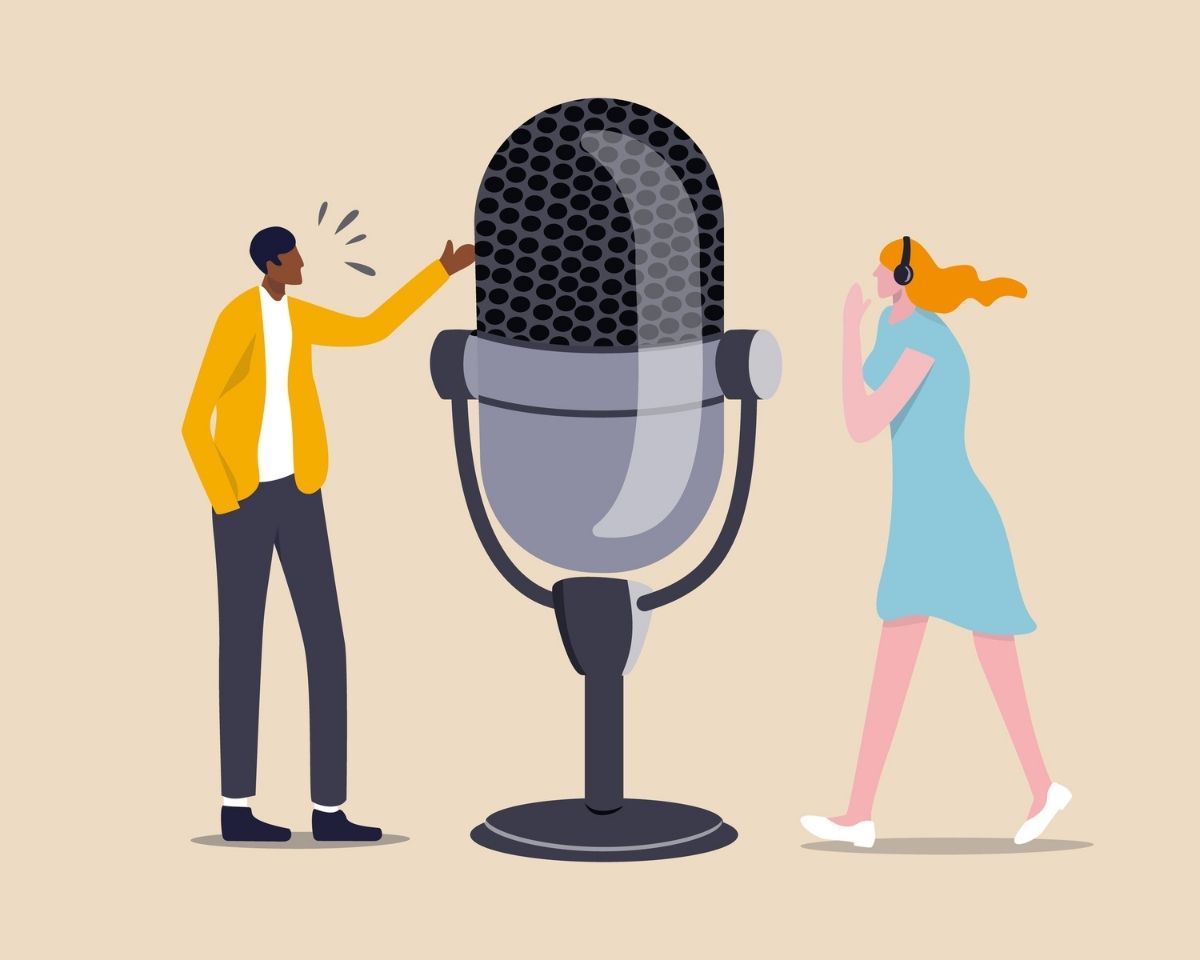
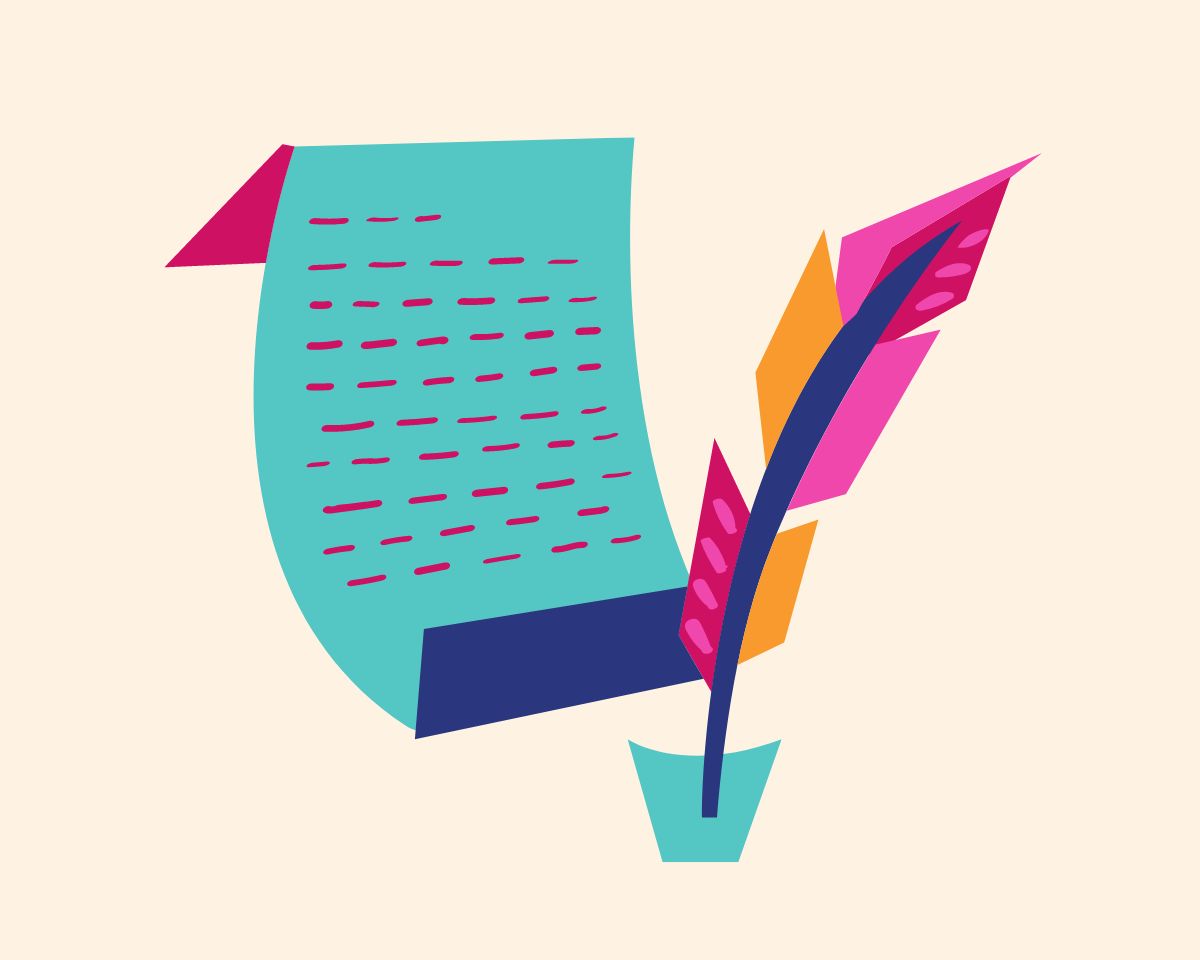
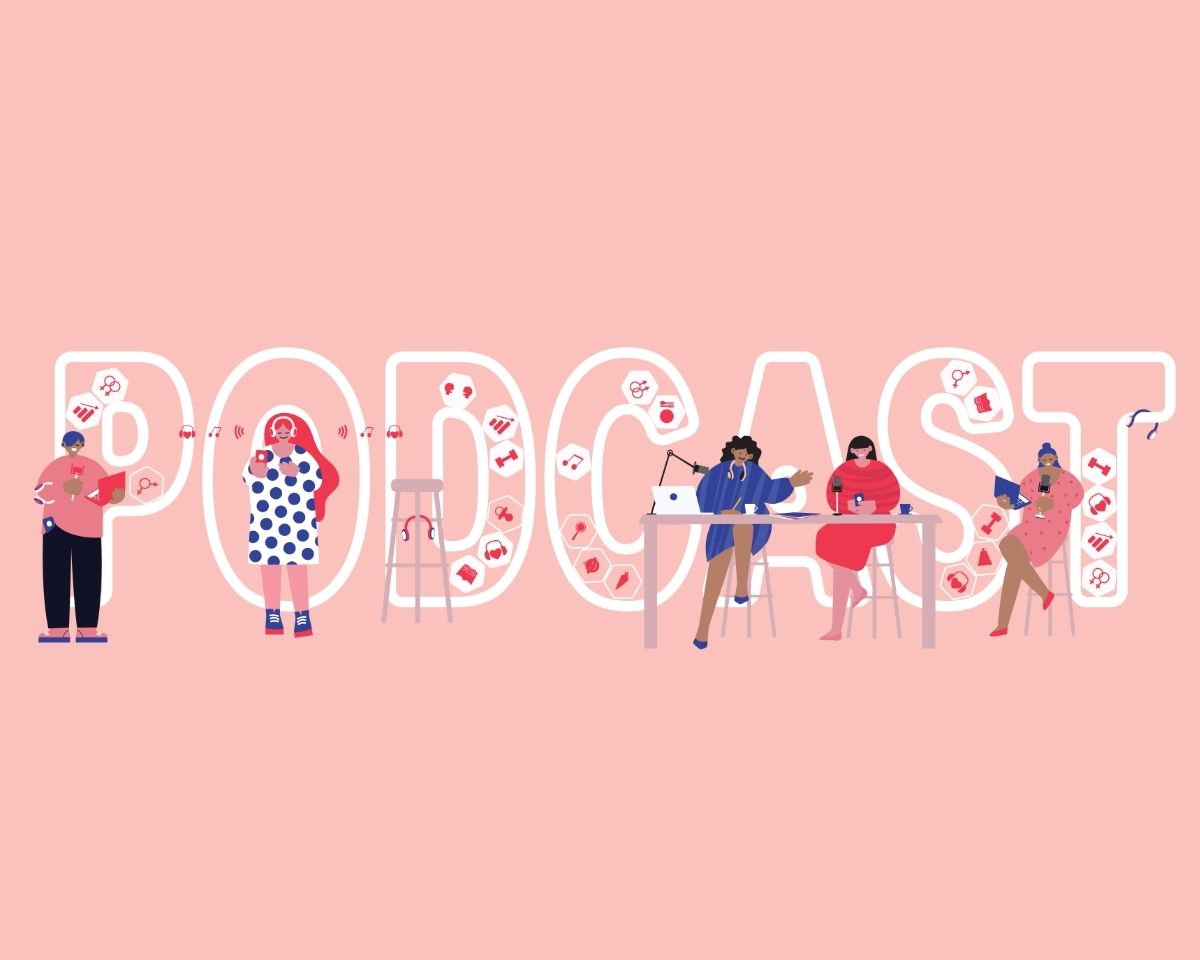

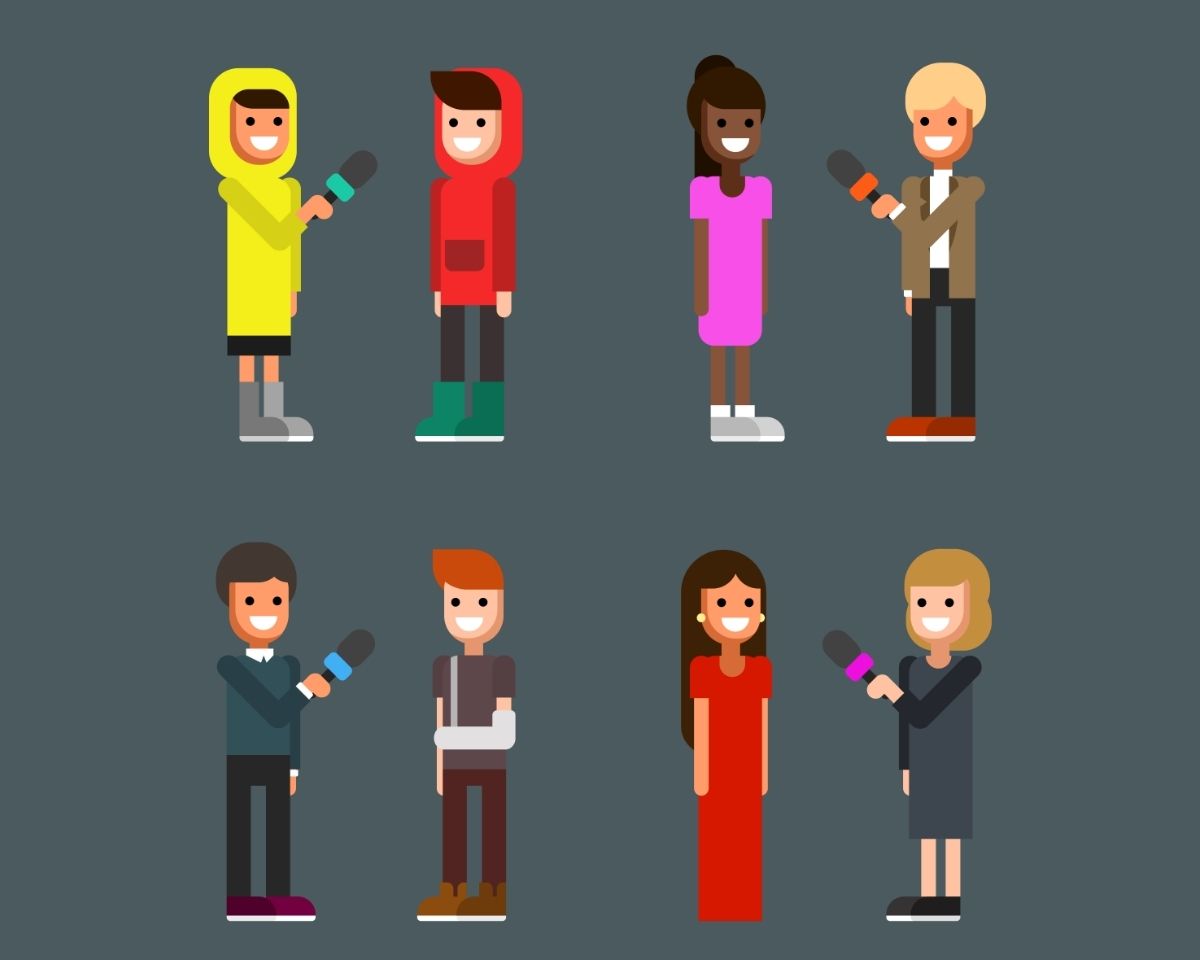

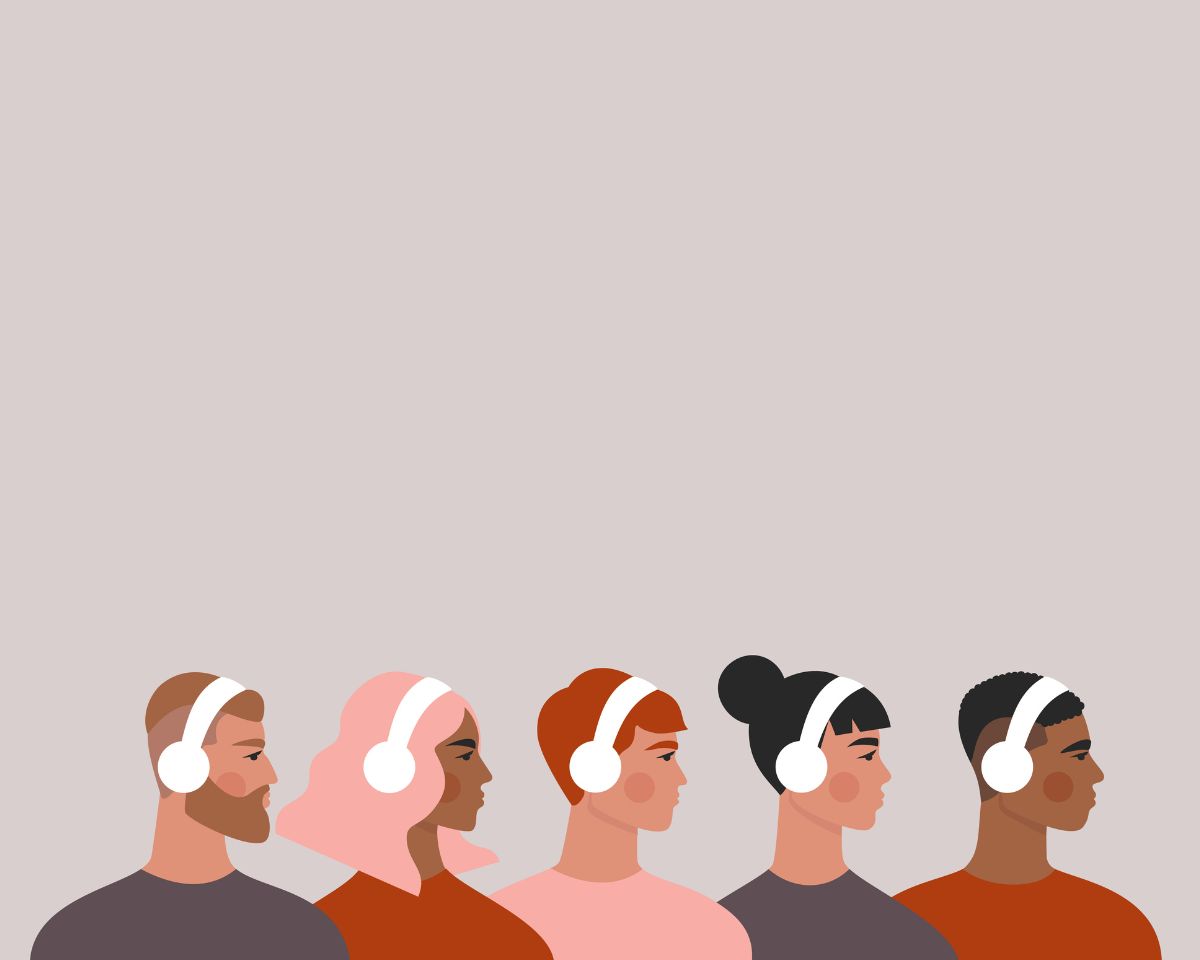
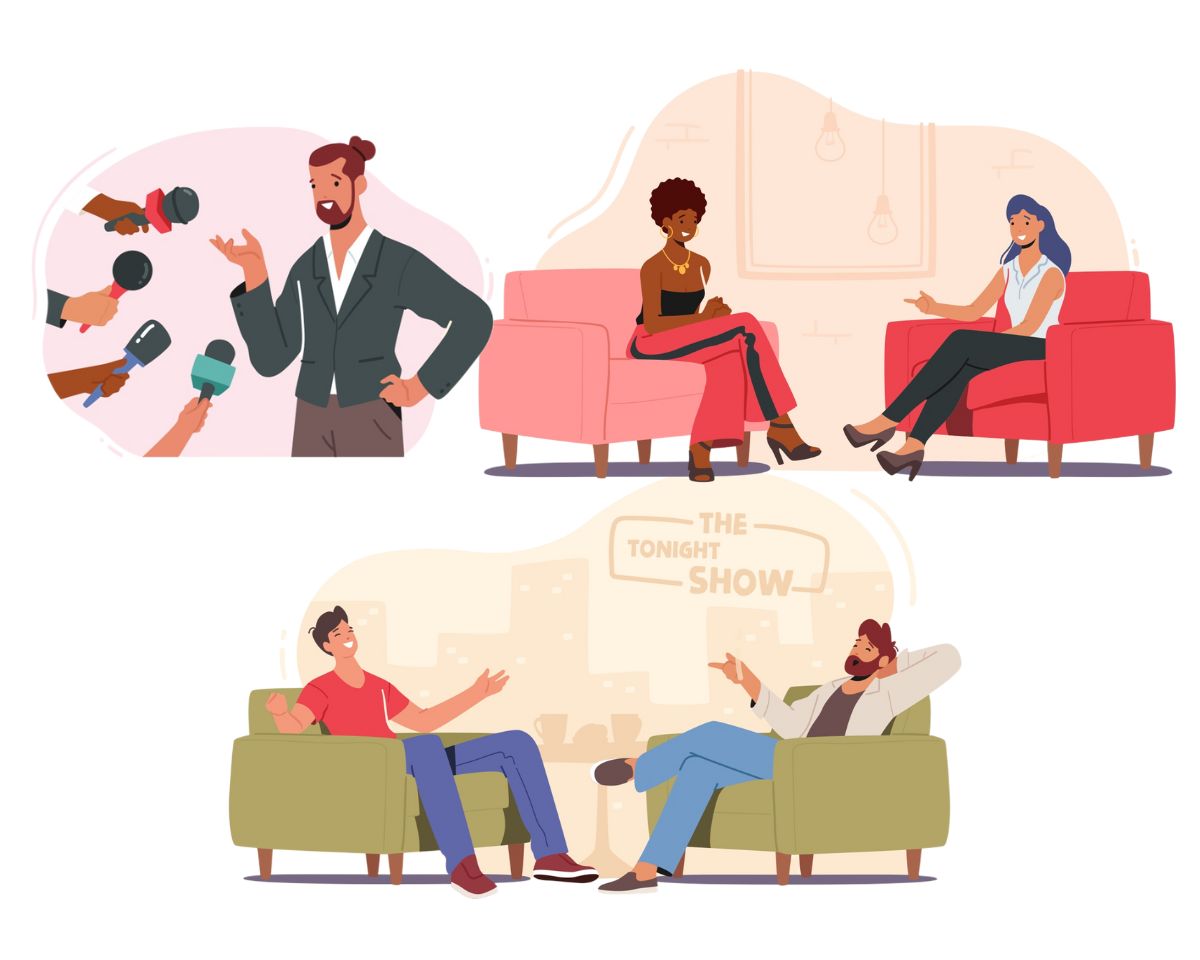
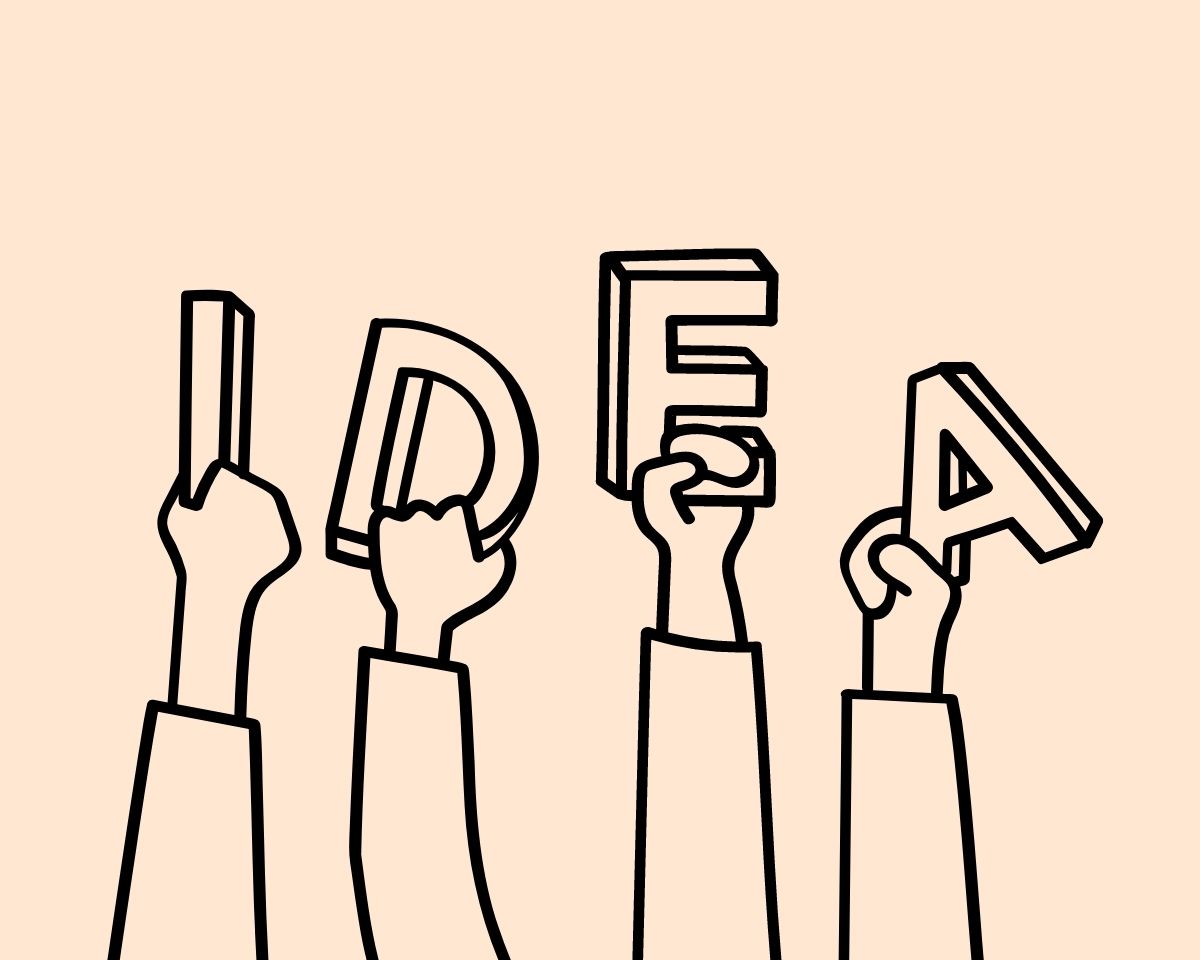

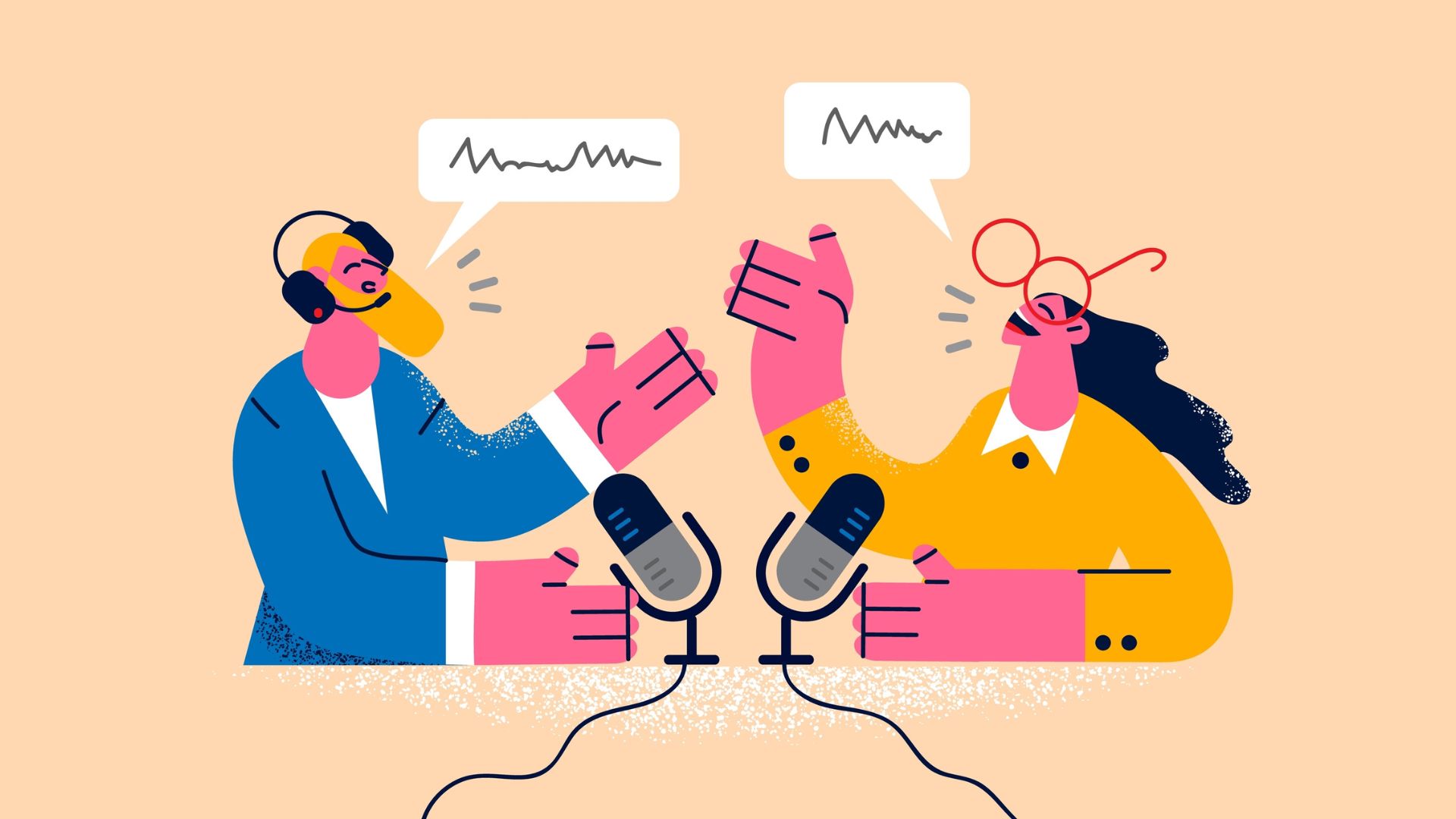

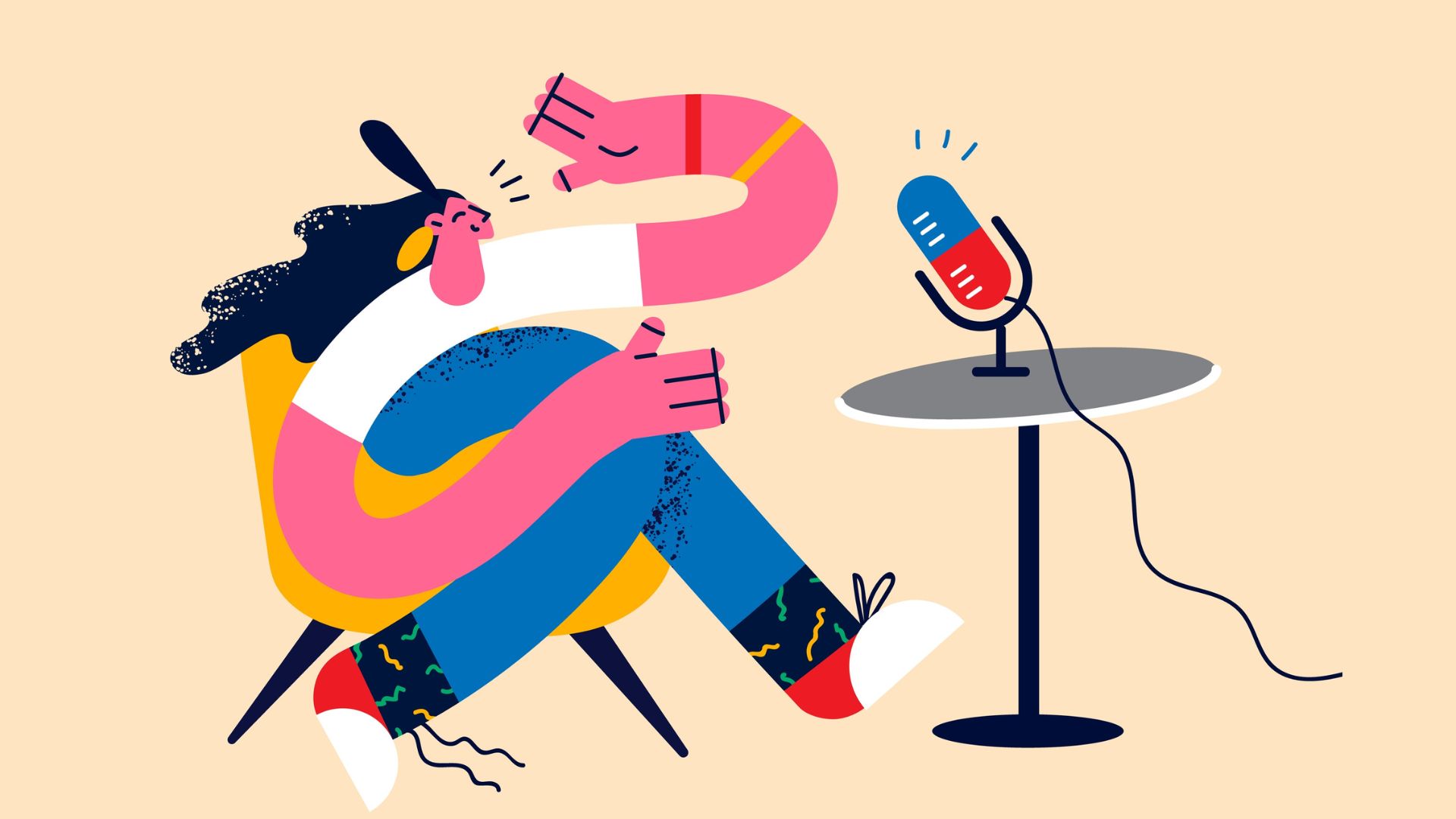


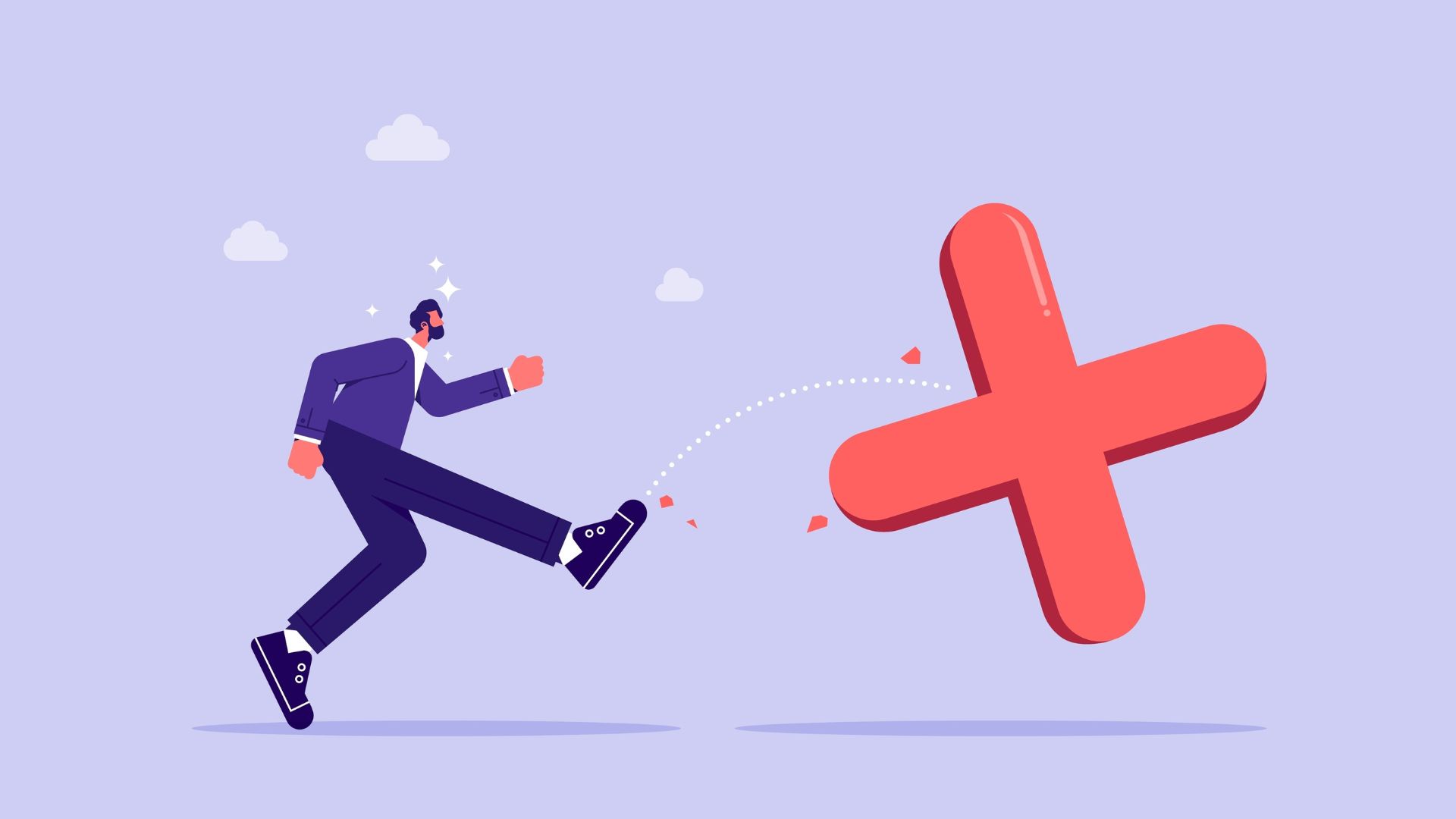

One Response
Your articles are so awesome! They provide practical tips in a clear and concise way! Thank you =)